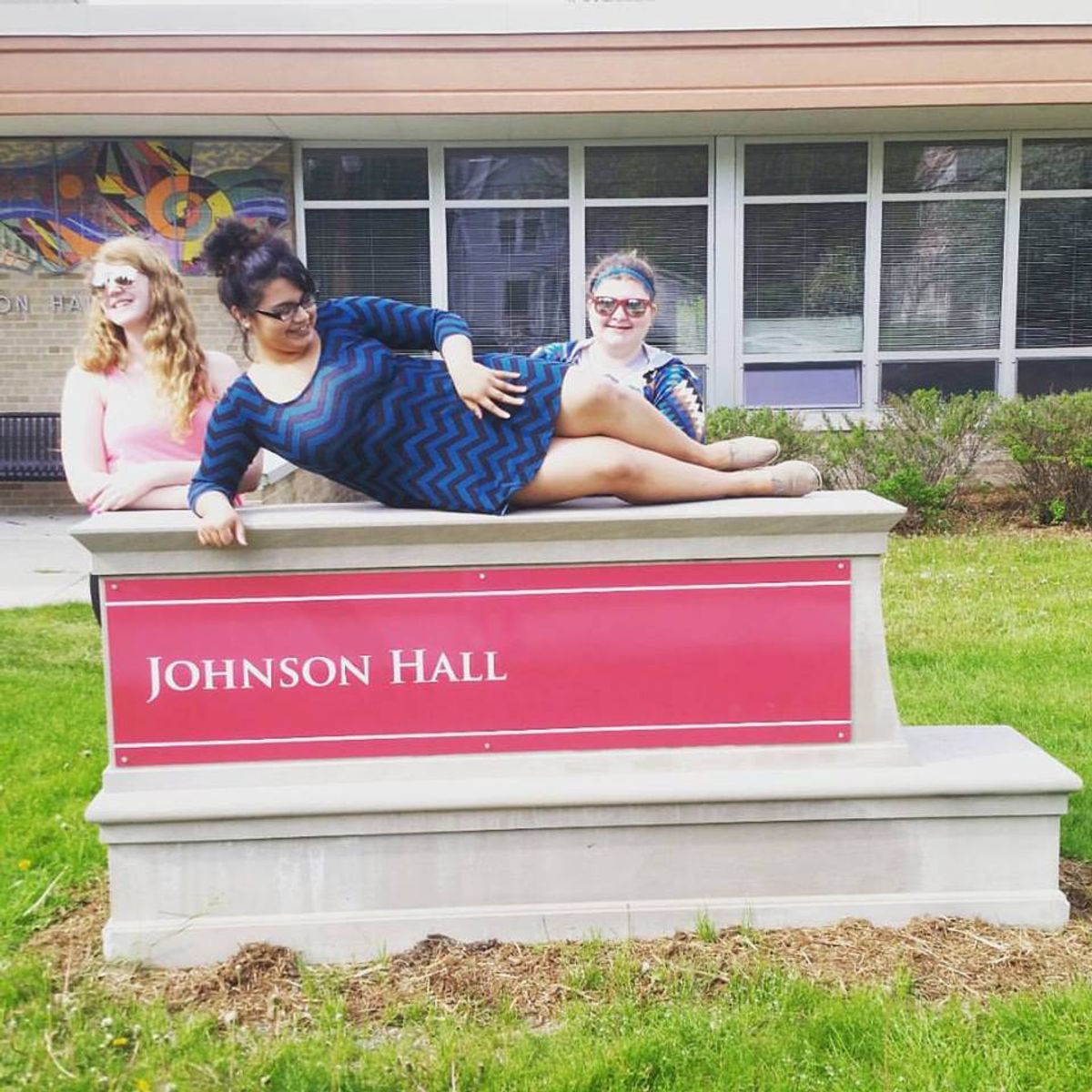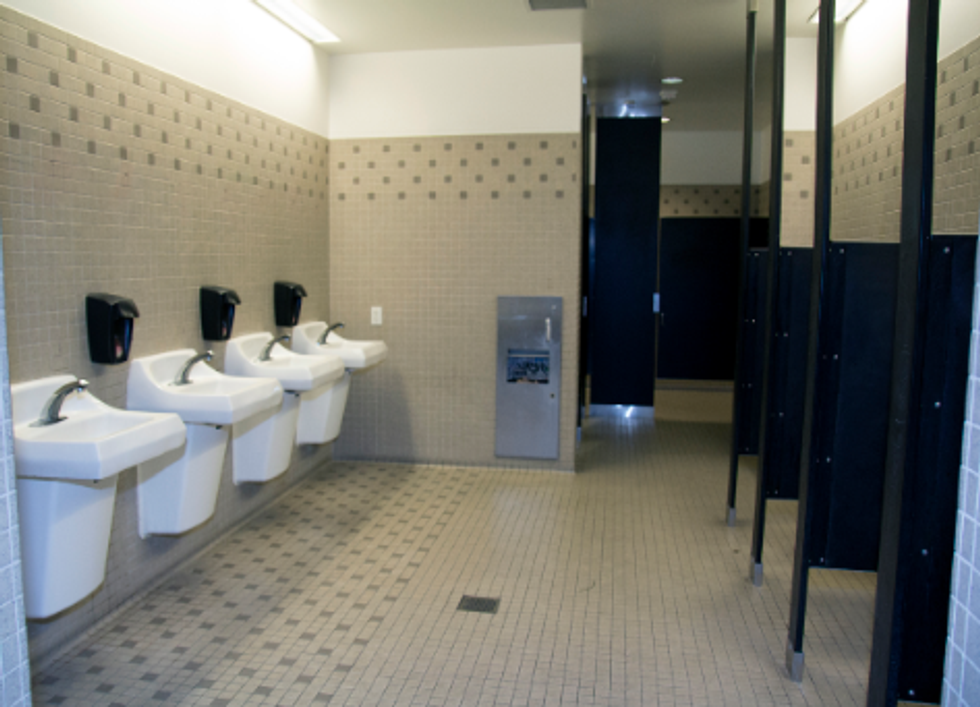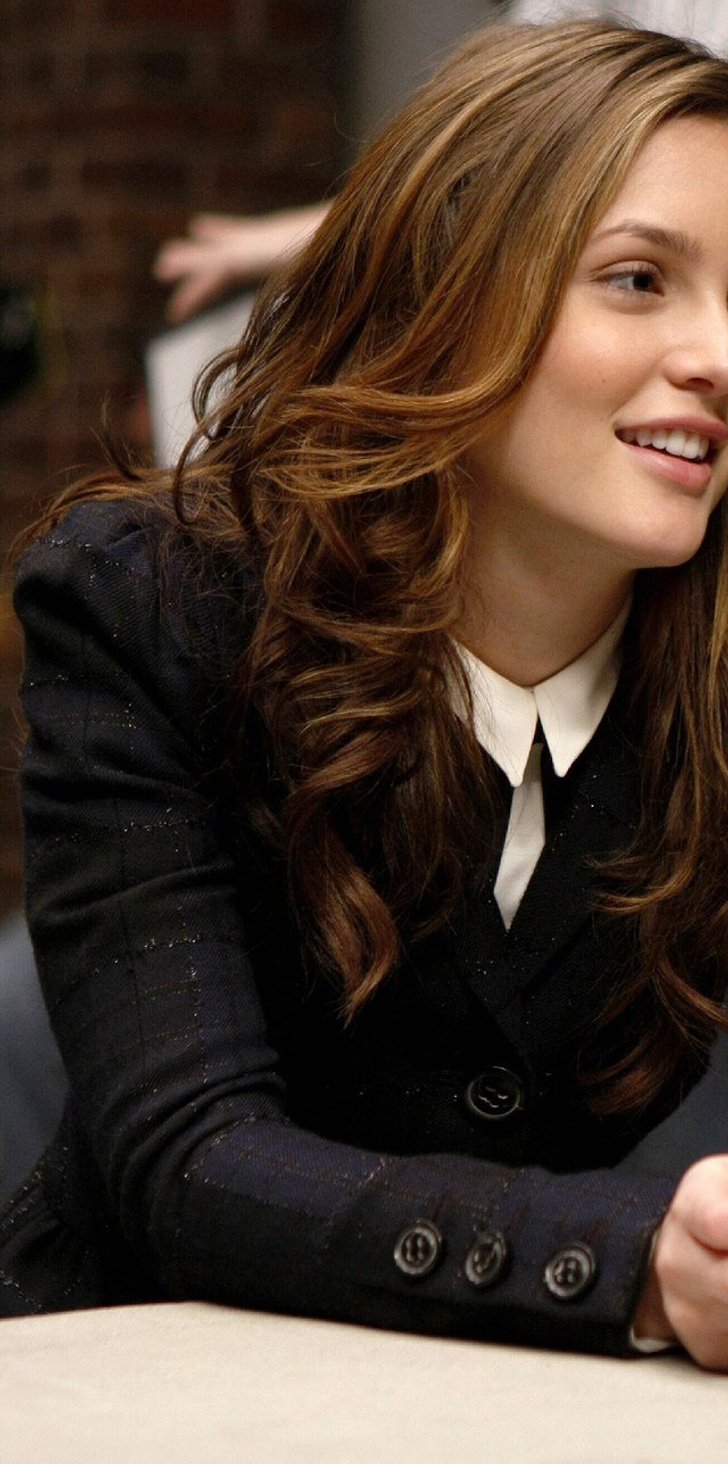One can usually tell when they’ve crossed over into the “hood” part of town by the sudden abundance of liquor stores, bail-bond services, and of course, churches, often in close vicinity to each other. So what do these seemingly unrelated places usually have in common?
Well, usually, they’re not run by people that are ethnically representative of the surrounding community. Even when it comes to churches, while many churches in black communities are indeed run by black clergy members, black people don’t necessarily own the “product” that is being distributed. However, that’s a different discussion entirely.
When thinking about many of the businesses that set up shop and enjoy relative success in black neighborhoods, it’s easy to see the ironic abundance of Chinese restaurants and hair care stores, Vietnamese nail salons, and Korean or Arab convenience stores across the map. There are franchised fish and chicken joints across the street from McDonald’s and Taco Bells, yet, ironically there’s no food for thought in the form of public libraries, or for that matter, any kinds of public infrastructure meant for the cognitive or recreational benefit of the residents in the surrounding areas.
Upon realizing that this model is almost ubiquitous in most cases, one would naturally question the coincidence of the situation.
Well, in terms of the governments’ allocations of funds and taxpayers’ dollars, it’s reasonable to posit that many people in each of these local governments don’t feel as if the people in the more “colored” areas are worth investing in, or at least not as much in relation to people in other areas. In terms of business, both large scale and small scale, people set up shop near the hood because they have an understanding:
Black people generally spend money in every community except our own.
If it’s hard to fathom how much the black dollar stimulates and contributes to the economy, just think about the fact that integration in many places happened because it was economically smart, similarly to the legalization of marijuana today. It has nothing to do with a sudden change in morality.
It’s well known that the black community in most places retains the lowest amount of overall wealth in juxtaposition to other groups. However, what isn’t known is that black people contribute some of the most substantial amounts of money to the local and national economies. Despite having the least amount, we contribute the most (or maybe because of it). While one can go into the psychology of this kind of phenomenon, what would be even more pertinent is consideration in terms of how we are able to reevaluate our spending to benefit our own.
While Cadillac, Ciroc, Wal-Mart, and Nike, all companies that aren’t run by black people (and before you throw in Michael Jordan, he’s been cooning for the last twenty years, so he hardly counts), yet have stayed alive and relevant because of black dollars, enjoy relative success, the up-and-coming black-owned business being shared on your Facebook and Twitter profile through KickStarter and GoFundMe, or in your locality attending local farmer’s markets in an attempt to gain more exposure, might still be struggling for the money to stay afloat amidst the competition from other, larger businesses. And this is not to say that we black people should boycott these Asian, Jewish, and Arab businesses that seem to love our neighborhoods so much. It is simply to say that if we are to spend, we should spend amongst our own with the same enthusiasm as we spend amongst others.
Having worked within relatively successful black-owned-businesses, it’s interesting to see the networking and sense of community involved, not only when it comes to matters of business and money, but also even when it comes to the exchange of resources, and even just everyday interactions. People within the community know your name, they know and check up on your family, and other businesses often collaborate in order to enjoy a kind of synergy. This image of cooperation isn’t often portrayed accurately in respect to our communities, but it is very possible and prevalent, of course, requiring the right kind of foundation.
This issue of community-mindedness when it comes to spending isn’t just confined to the idea of black business and entrepreneurship, but also in the improvement of the community in general. Think about the days of the Black Panther Party, where the group was responsible for facilitating programs such as Free Breakfast for Children, as well as several after-school outlets. With these programs, the Panthers were able to keep many off the streets, feeding them and giving them productive outlets by which they could be entertained and inspired. For this reason, many older black people feel as if their neighborhoods were better off before integration, as we were more inclined to look after each other and spend money within our own communities. While I’m not arguing that point, I am trying to paint a picture of what could be possible with a little bit of reevaluation, discipline, and imagination.
Black-Owned Businesses To Look Out For/Contribute To:
Resistance Gardens (Urban Farming)- Houston, TX https://www.gofundme.com/Resistance
Banana Bread Babe- South Florida- https://www.gofundme.com/bananabreadbabe
Tea's Me Cafe- Indianapolis, IN
Hanna Construction and Electric- Tuskegee, AL
Research and check out black-owned-businesses in your area













 Photo by
Photo by 








